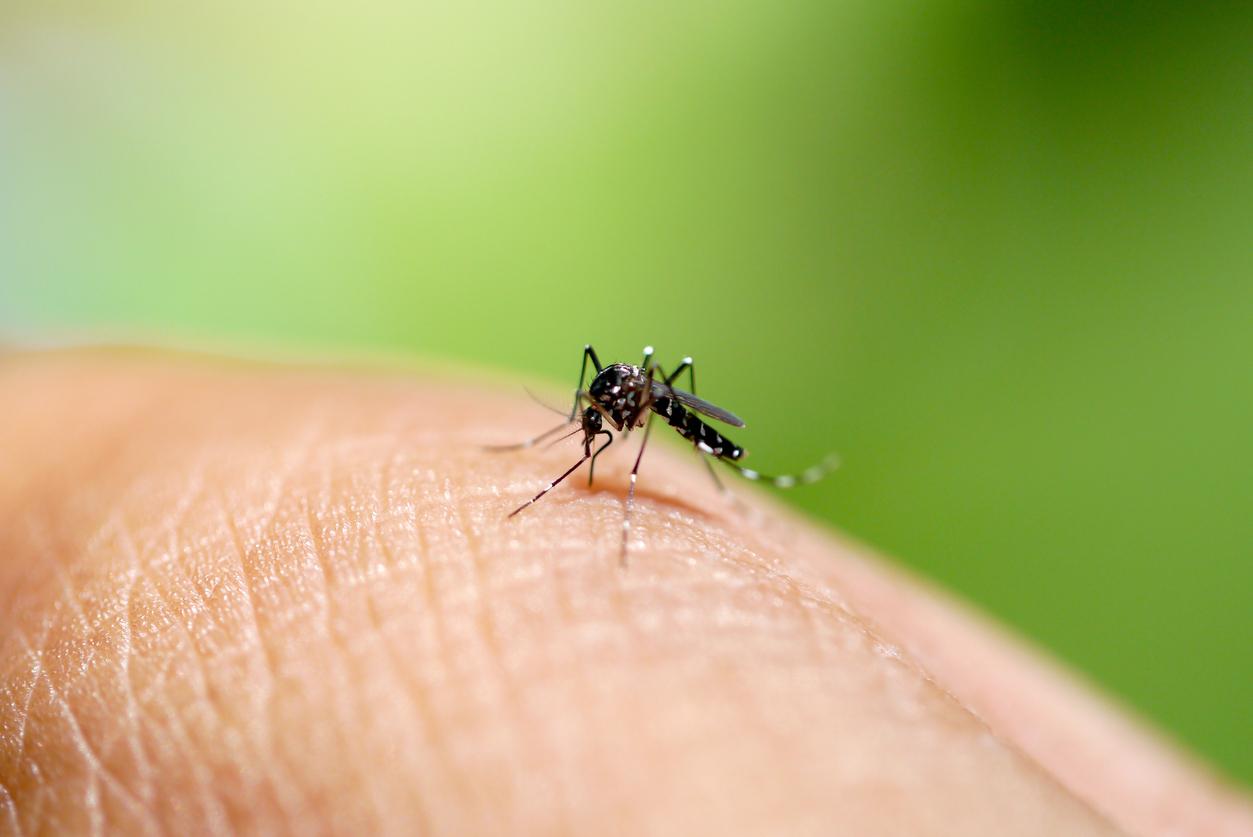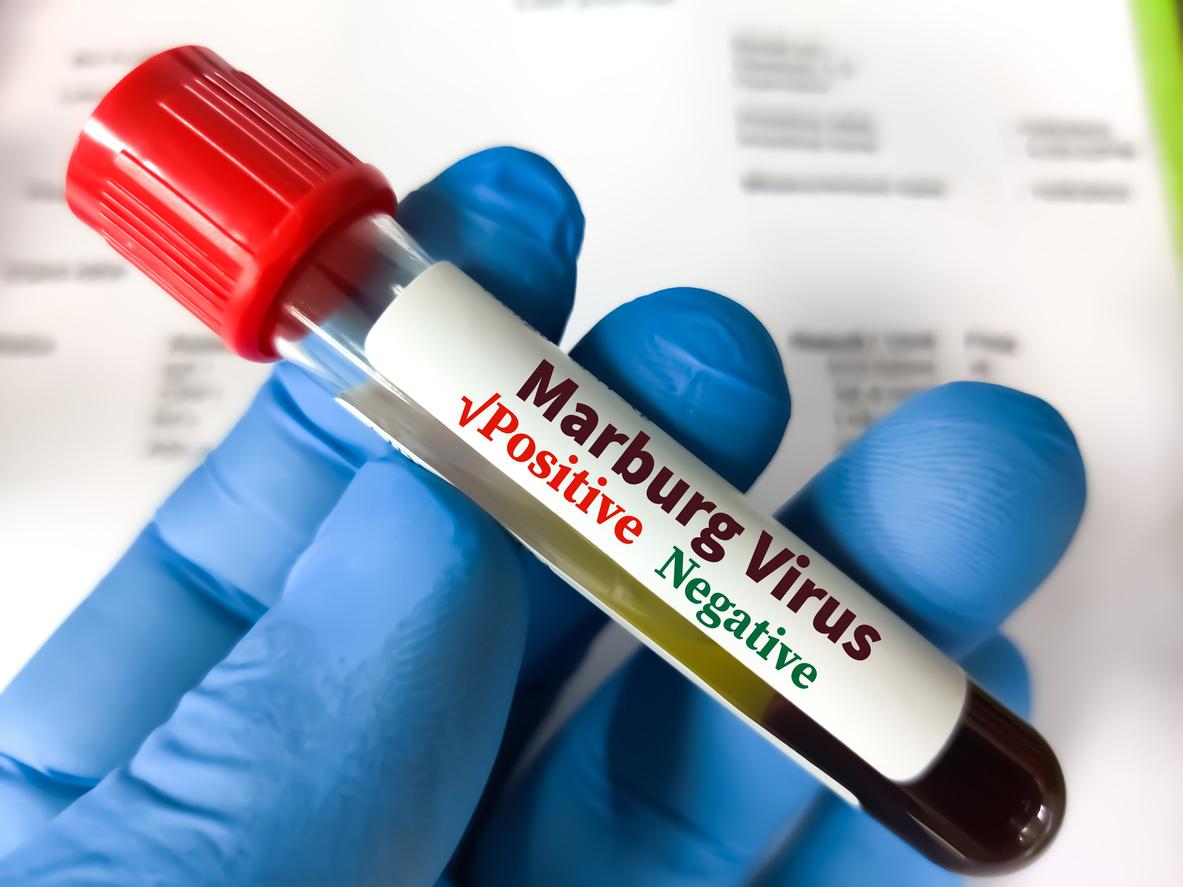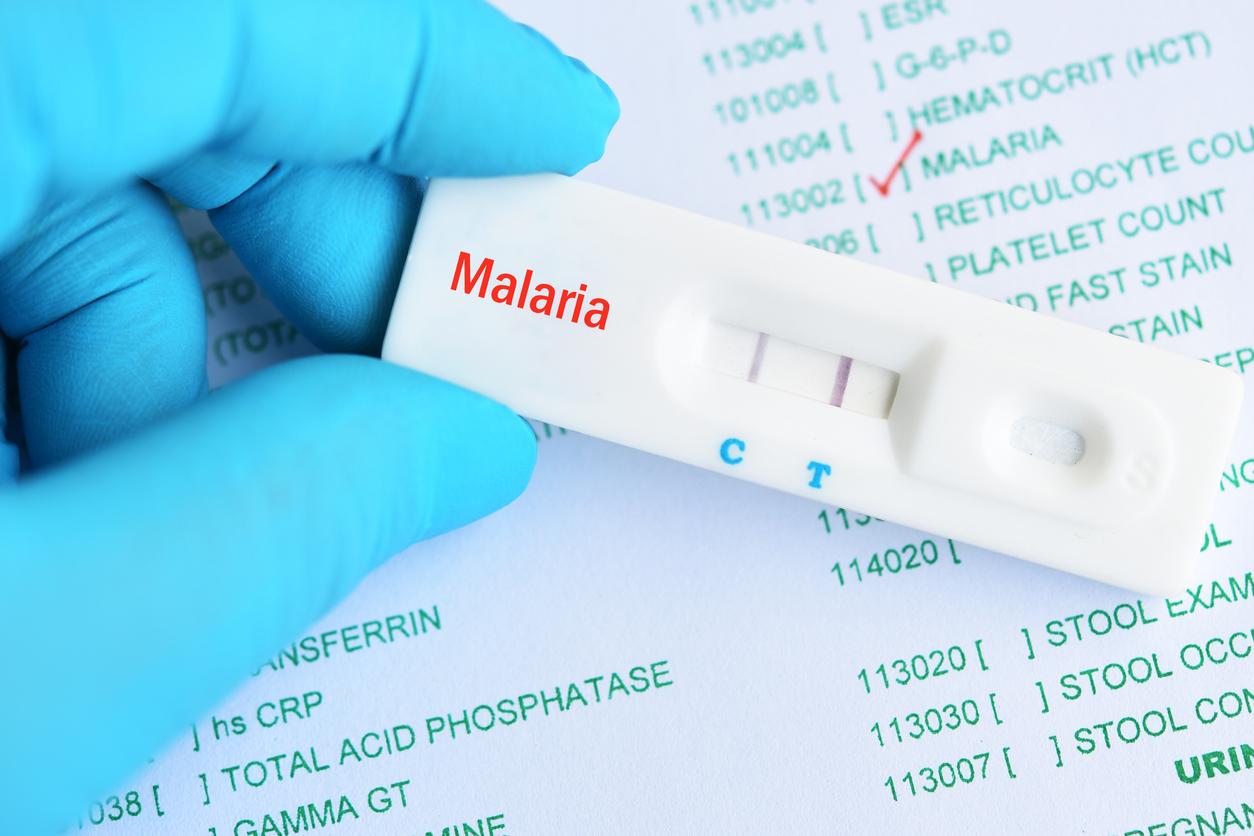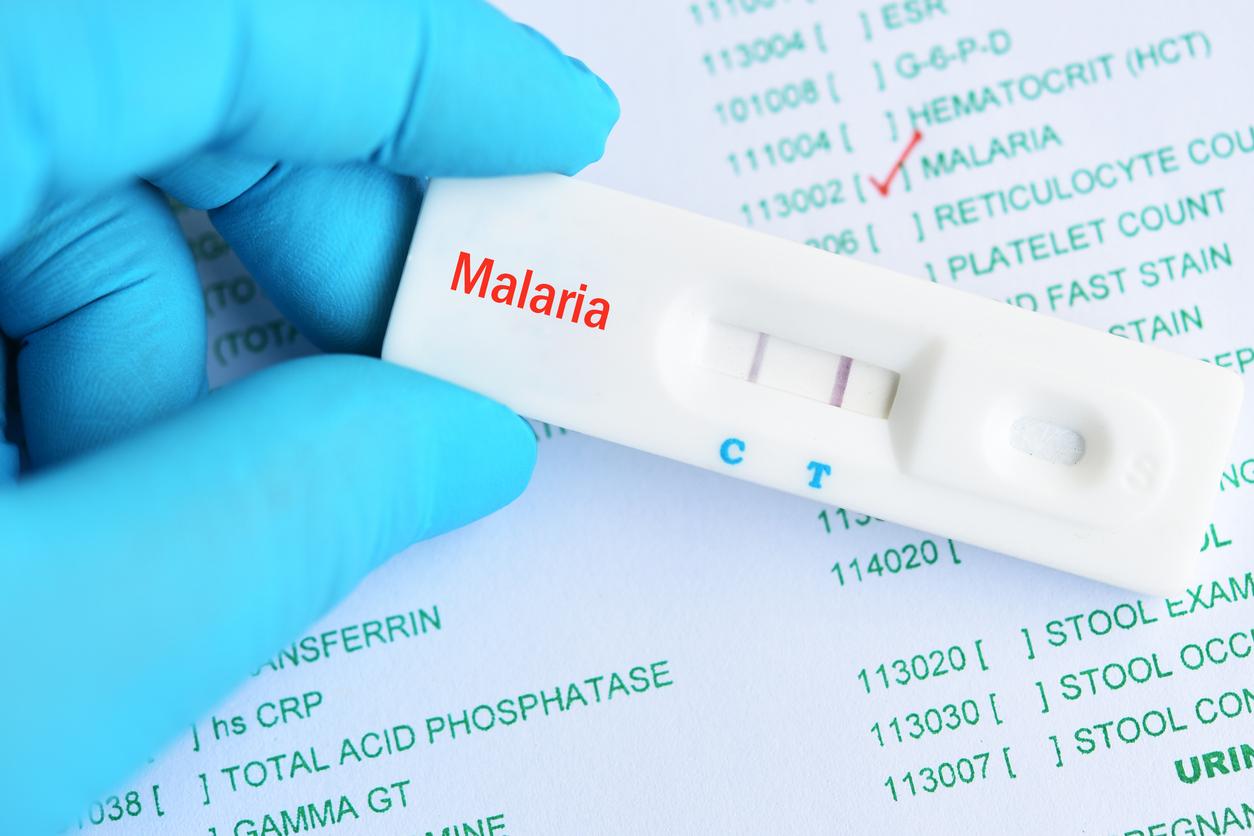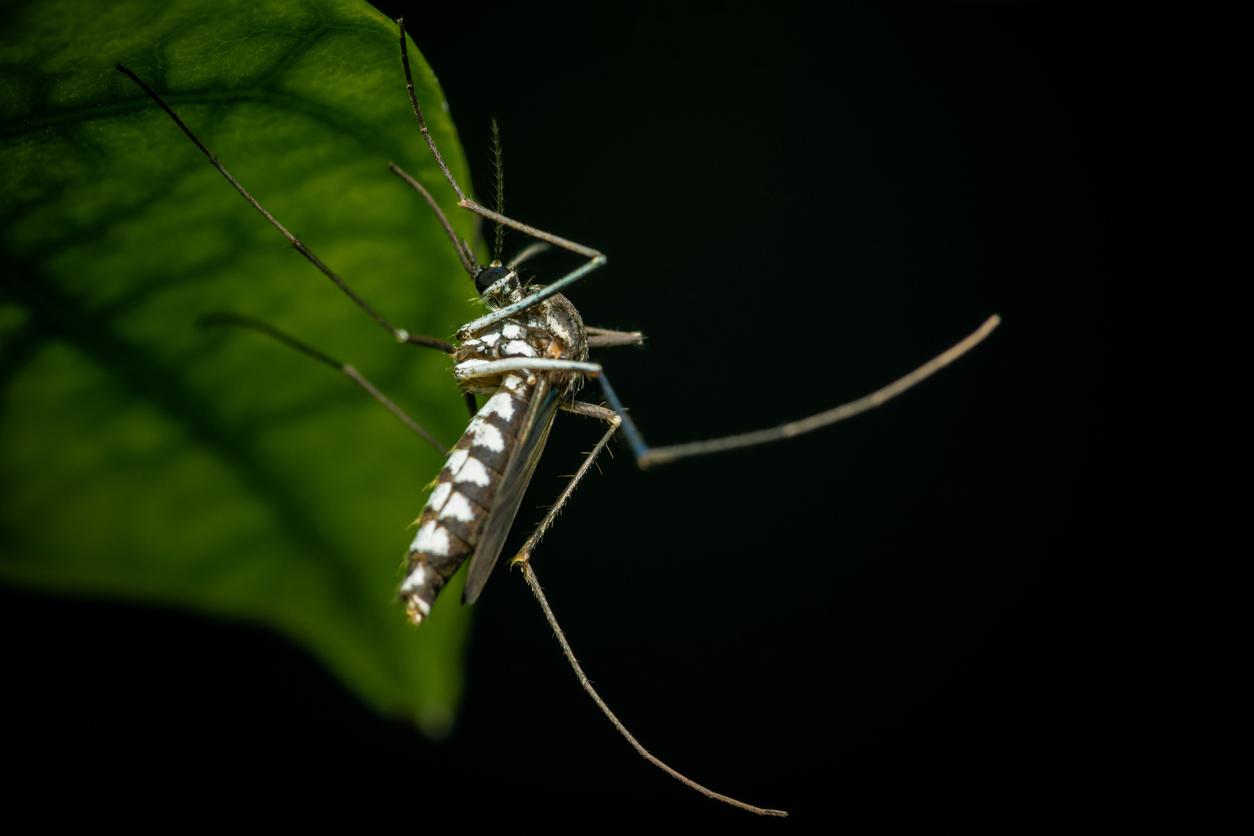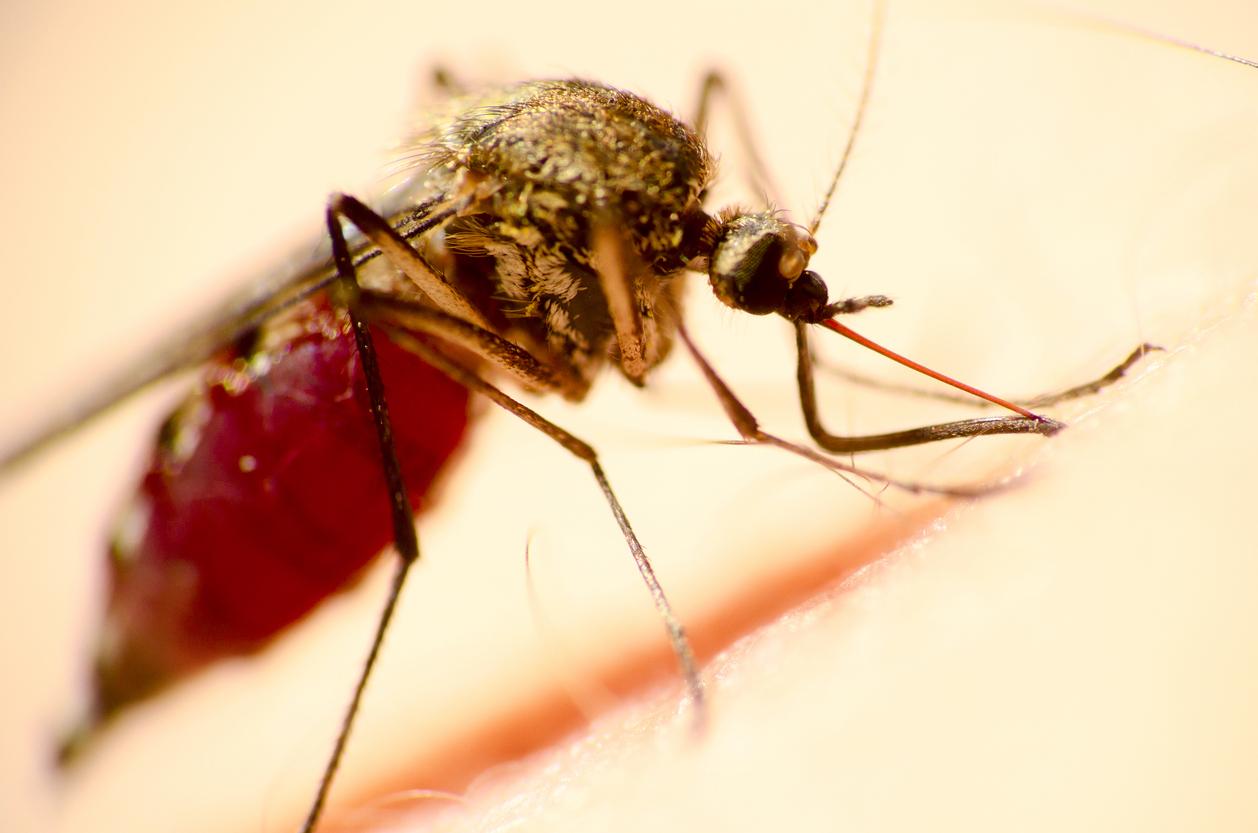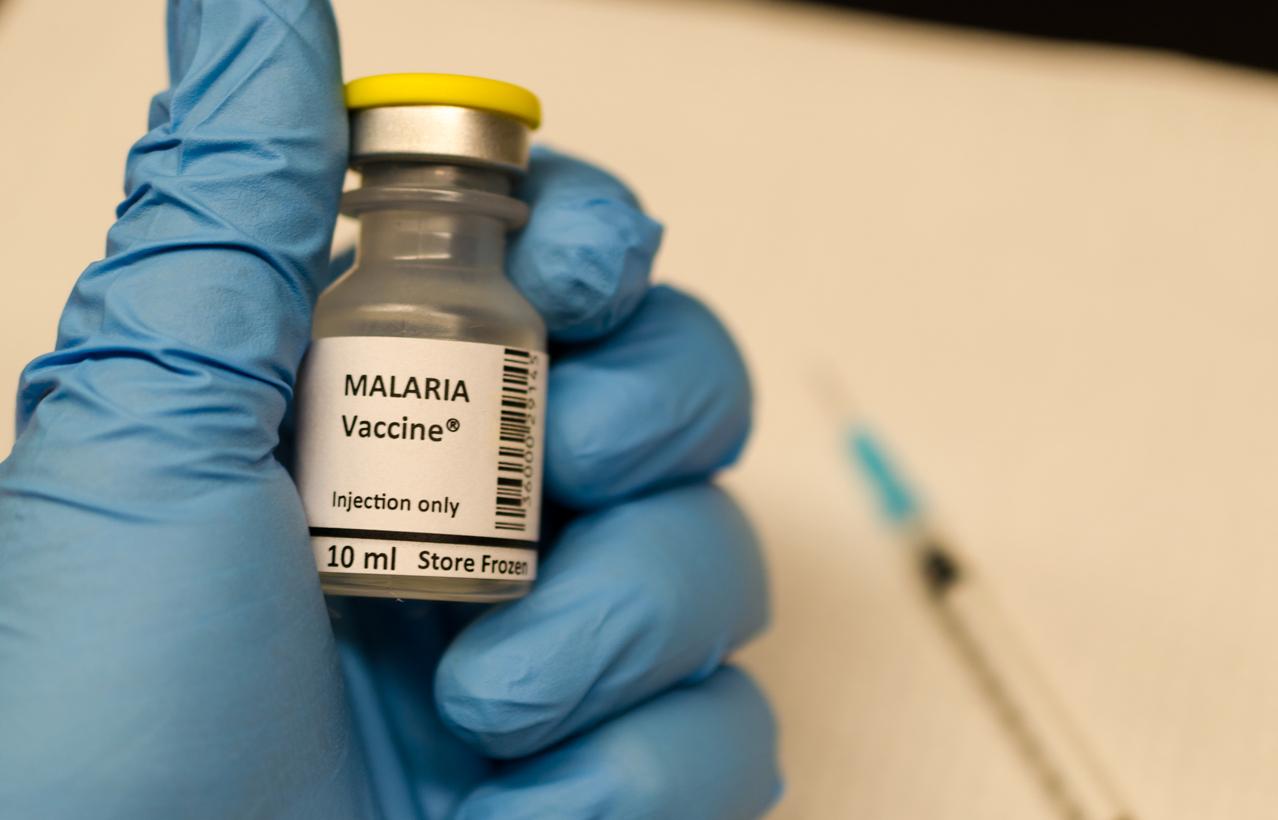Some people develop defenses against malaria. Researchers have found an antigen in people living in endemic areas. They hope to make a vaccine out of it.

Use the body’s defenses to create a vaccine against malaria. Researchers have found an antigen in the plasma of children living in Tanzania. It allows the body to make antibodies that fight against the plasmodium falciparum, the parasite responsible for malaria, they detail this May 23 in Science.
Less parasite in the blood
Every minute, a person dies from malaria, according to the World Health Organization. Most of the time, these are children living in sub-Saharan Africa who have been bitten by a mosquito carrying the parasite. plasmodium falciparum. Currently, there is no vaccine that will cure the disease once it has been contracted. This vaccine is at the heart of the current battle, and multiple candidates are emerging.
In this study, the researchers looked at an antigen they discovered: PfSEA-1, found in the plasma of some people living in areas where malaria is endemic. One team measured the level of antibodies produced in 2-year-old children living in Tanzania, another in adults living in Kenya. They found the antigen in question there. Patients’ plasma contained fewer parasites when they possessed the PfSEA-1 antigen. This allowed them to be less sick than non-immune people.
Trap the parasite in the cell
The antigen works by preventing the plasmodium to multiply. Without the presence of antibodies, the parasite infects hemoglobin cells and then leaves them to implant in others and multiply. The antigen prevents the parasite from leaving the hemoglobin cells it infects, reducing the immune response.
Researchers are enthusiastic about the discovery. “Many researchers are trying to develop a vaccine that prevents the parasite from entering hemoglobin cells,” explains Professor Jonathan Kurtis, principal investigator. “Here we found a way to prevent him from leaving the cell once he entered it. If he’s trapped in the cell, he can’t go anywhere… and doesn’t cause more damage. “
The team therefore developed a vaccine that contains the antigen, tested in mice. The trial was successful: infected rodents had fewer parasites in their blood. “Six years ago, we started using these samples to identify new vaccine candidates, the circle has now come full circle. Even if a portion of this study was conducted in mice, the real vaccine discovery was made from human samples, so we believe that the results can be translated in humans ”, anticipates Professor Kurtis. “We hope to start phase I clinical trials very soon. “
.






